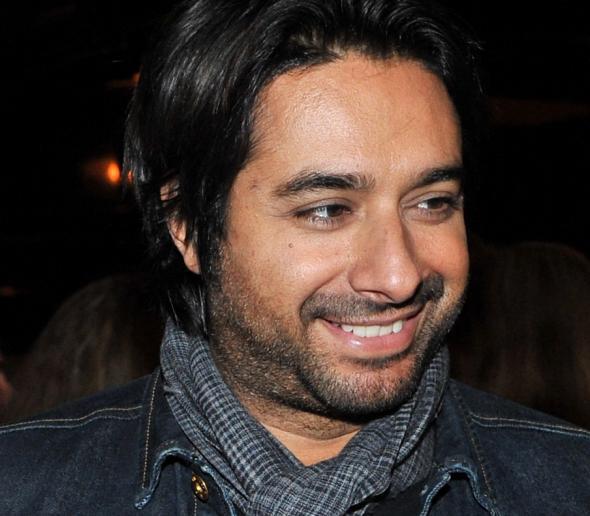On Thursday afternoon, a judge found Jian Ghomeshi, a former Canadian radio star, not guilty on four counts of sexual assault and one count of “overcoming resistance by choking.” Ghomeshi was arrested in November 2014 after several women, including television actress Lucy DeCoutere, alleged that he’d sexually harassed, abused, and assaulted them. Today’s verdict marks the end of the first of Ghomeshi’s two sexual assault trials.
In his verdict pronouncement, Justice William Horkins questioned the three complainants’ credibility, pointing out inconsistencies in their recollections of events and what he deemed “odd behavior” for alleged survivors of sexual violence. He called them “manipulative” and “deceptive,” accusing one of “playing chicken” with the justice system and conspiring with DeCoutere to bring Ghomeshi down. He also insinuated that DeCoutere got so swept up by the public support she received on Twitter, including the hashtag #IBelieveLucy and a shoutout from Mia Farrow, that she fabricated testimony to stay in the spotlight.
Toronto Star reporter Alyshah Hasham live-tweeted a blow-by-blow of the judge’s statement, which reeked of victim-blaming:
Horkins noted that his verdict does not indicate that the crimes did not happen, only that he did not find proof beyond a reasonable doubt that Ghomeshi perpetrated them. Whether or not Ghomeshi is guilty, the manner in which the judge dismissed three alleged victims of sexual violence reveals the institutional biases that discourage so many women from reporting assaults.
The alleged assaults took place in 2002 and 2003, when Ghomeshi was the host of a Canadian Broadcasting Corporation show called >play. Though the alleged victims didn’t share their stories until more than a decade later, Horkins said he found it suspicious that the complainants could not offer highly detailed accounts of the incidents or offered differing accounts in separate interviews. That fact alone is not reason to be suspicious of an alleged victim’s account. Many studies have shown that survivors of sexual trauma block out the details of their assaults and frequently remember events only in broad, nonlinear strokes.
The judge also said that one alleged victim willingly saw Ghomeshi after he’d purportedly assaulted her, which called into question her claim that she’d been traumatized by his actions. This interpretation of events runs counter to what justice advocates and psychologists know about sexual abuse: A survivor’s feelings toward her abuser are often complex, and many abusers have mastered the ability to emotionally manipulate their victims.
But the judge’s most repulsive statement came when he proclaimed that believing alleged sexual assault victims are telling the truth is “equally dangerous” as assuming alleged rapists are innocent. The odds are stacked against sexual assault survivors, who must fight consistent blame, suspicion, and accusations of malice when they are brave enough to report the violence perpetrated against them. There is no comparison to the plight of alleged rapists, the vast majority of whom walk free.
Ghomeshi’s trial for his sexual assault of a fellow CBC employee begins in June. The CBC fired him in 2014 after several women accused him of workplace sexual harassment.
